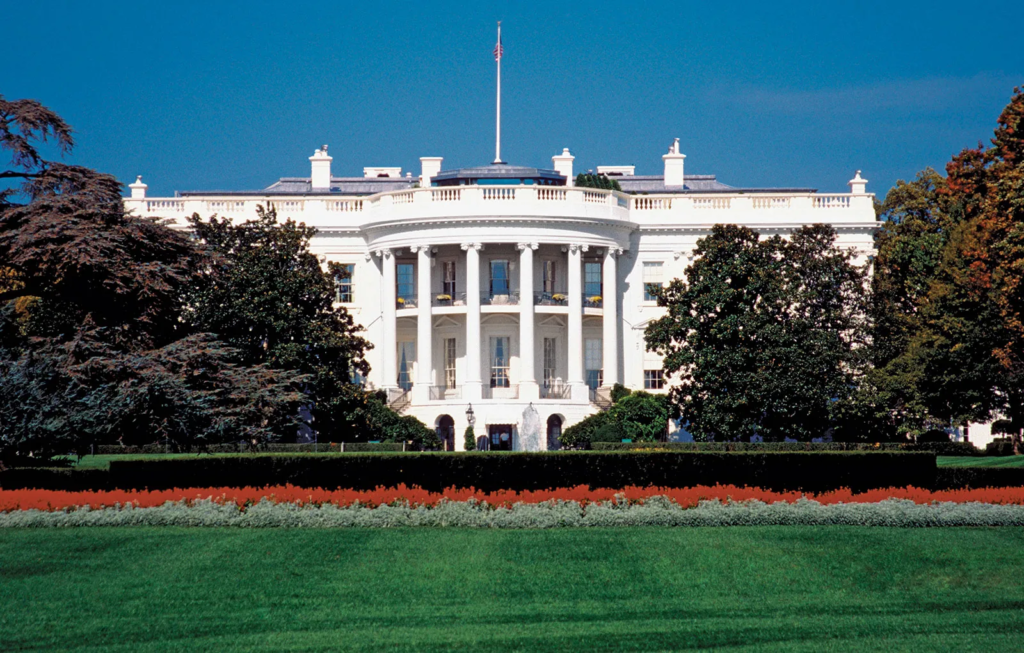
On April 23, 2025, President Donald Trump signed the Trump Disparate Impact Order, reshaping how federal agencies approach civil rights enforcement.
Specifically, the order directs agencies to move away from using disparate impact — a legal theory that for decades has helped address unintentional forms of discrimination in workplaces, schools, and housing.
This shift could bring significant changes for both employers and job seekers. For organizations, it may alter compliance strategies and diversity initiatives. For individuals, particularly those from historically marginalized groups, it may change how accessible certain opportunities feel.
Whether viewed as a necessary correction or a setback for civil rights protections, the Trump Disparate Impact Order signals a meaningful change in how fairness and equality will be addressed at the federal level moving forward.
Read more on: Adverse Impact in Hiring: What It Is and Why It Still Matters
What Is Disparate Impact?
Disparate impact refers to practices that appear neutral but disproportionately disadvantage protected groups—such as racial minorities, women, or people with disabilities—even without explicit discriminatory intent.
It has been a cornerstone of civil rights enforcement for decades, particularly under Title VI and Title VII of the Civil Rights Act.
What the Trump Disparate Impact Order Changes
The Trump Disparate Impact Order directs all federal agencies to:
- Deprioritize enforcement actions based on disparate-impact theories.
- Review and potentially withdraw from ongoing investigations and lawsuits relying on disparate impact.
- Identify and propose repeals or amendments to regulations rooted in disparate-impact liability.
In essence, the federal government will shift away from regulating outcomes based on statistical disparities and focus more strictly on proving intentional discrimination.
(Read the full executive order)
Why This Executive Order Matters
Disparate impact has historically been crucial for uncovering systemic discrimination that might not be intentional but still leads to unequal outcomes.
Without it, many practices that disadvantage certain groups—such as overly strict background check policies or biased hiring tests—could become harder to challenge.
Moreover, civil rights organizations have already voiced strong opposition, arguing that the rollback will weaken protections against subtle, structural discrimination. (Source)
Practical Implications for Employers
1. Reduced Federal Scrutiny:
Employers may see a decrease in federal investigations solely based on disparate-impact statistics.
As a result, this could lower compliance pressure at the national level.
2. Potential State-Level Complexity:
State and local laws that recognize disparate impact (such as New York’s and California’s) still apply.
Therefore, companies operating in multiple states will need to navigate a patchwork of legal standards.
3. Reassessment of DEI Initiatives:
Some organizations might scale back proactive diversity, equity, and inclusion (DEI) efforts, especially if they were designed primarily to minimize disparate impact risks.
However, leading companies committed to long-term brand reputation and talent acquisition may maintain or even expand DEI programs voluntarily.
Practical Implications for Job Seekers
1. Risk of New Barriers:
Without federal disparate-impact enforcement, hiring policies that inadvertently disadvantage minority candidates could therefore become harder to contest.
This may particularly impact fields like tech, finance, and law, where selection tests and credentialing are common.
2. Greater Reliance on State Laws:
Job seekers might need to rely more on state human rights commissions or local regulations to challenge unfair treatment.
3. Importance of Advocacy and Networks:
Candidates from underrepresented backgrounds may increasingly need to lean on professional networks, mentorship, and internal advocates to navigate potential barriers and access opportunities.
Which Legal Titles Are Affected?
The Trump Disparate Impact Order does not repeal federal civil rights laws.
Instead, it directly impacts how they are enforced at the agency level, especially where disparate impact was a major tool.
Key legal titles affected include:
- Title VI of the Civil Rights Act of 1964
- Title VII of the Civil Rights Act of 1964
- Title VIII (Fair Housing Act) of 1968
- Section 504 of the Rehabilitation Act and the Americans with Disabilities Act (ADA)
In short, areas like education, employment, housing, and accessibility protections could now face reduced federal intervention when outcomes, rather than intent, are at issue.
What Happens Next?
- Legal Battles Ahead:
Civil rights groups are preparing lawsuits that could delay or overturn parts of the Trump Disparate Impact Order.
Consequently, federal courts may ultimately decide the scope of its effects. - Employer Caution:
Prudent companies may still maintain policies aimed at avoiding both intentional and unintentional discrimination to protect against reputational damage and private lawsuits. - State Reinforcements:
States like California, New York, and Illinois may further strengthen their disparate-impact protections in response to federal pullback.
Closing Thoughts
The Trump Disparate Impact Order marks not just a shift in workplace compliance priorities — it signals a broader redefinition of how civil rights are interpreted and enforced in the United States.
For employers, it reduces some immediate regulatory risks at the federal level.
Nevertheless, it raises uncertainty about future challenges under state law or through private litigation.
For job seekers, particularly those from historically marginalized groups, the change may mean relying more heavily on state protections, personal advocacy, and professional networks to navigate the job market.
As the legal landscape evolves, staying informed will be essential — for both protecting rights and making strategic career decisions.
